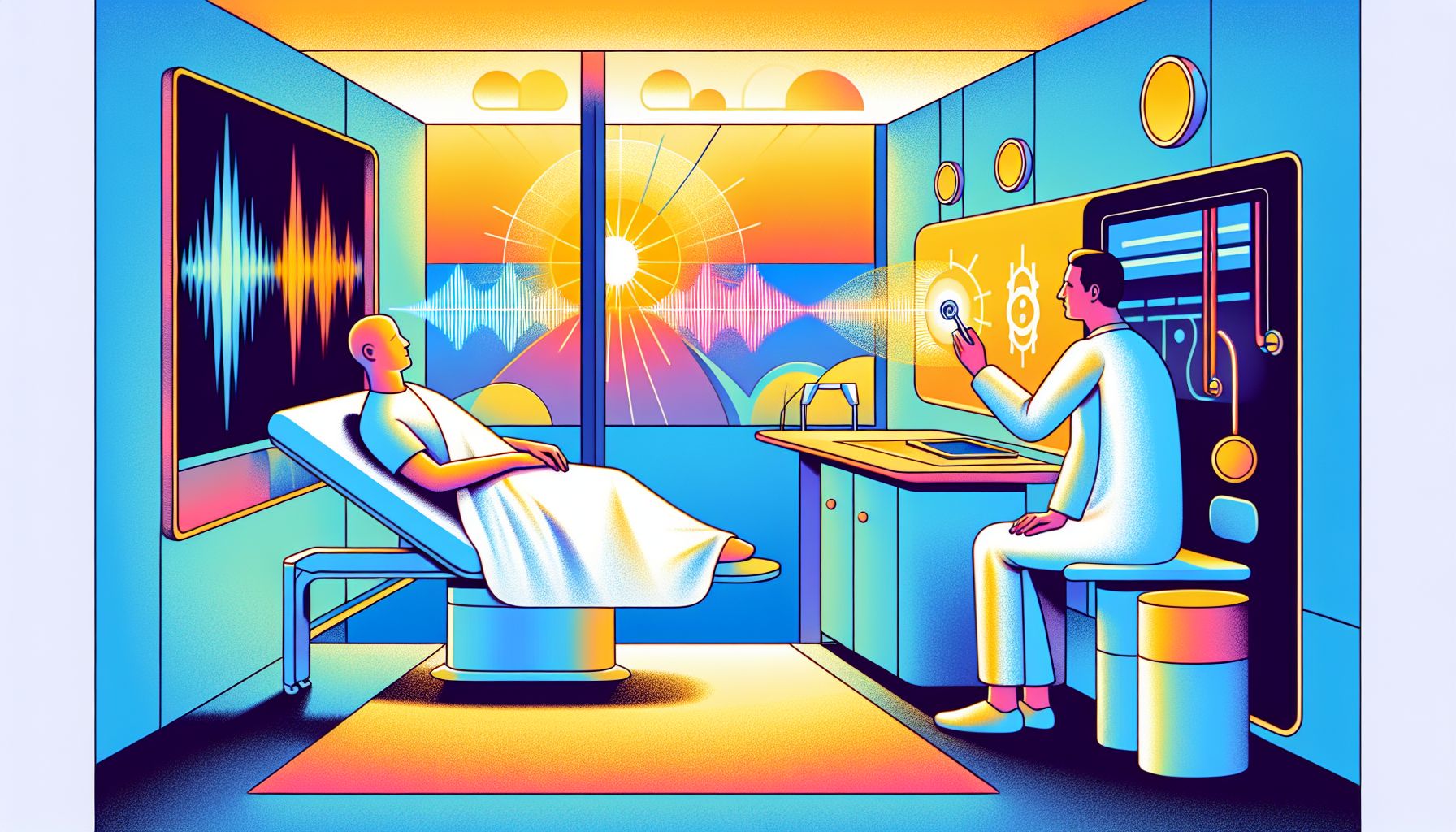AI Voice Cloning Restores Speech for Medical Patients

Amsterdam, Wednesday, 17 July 2024.
OpenAI’s breakthrough AI voice cloning technology is giving new hope to individuals who have lost their ability to speak due to medical conditions like strokes and tumors. This innovative application showcases AI’s positive impact in healthcare, potentially transforming lives.
How the Technology Works
OpenAI’s voice cloning technology operates by analyzing a short audio sample of the patient’s voice. In the case of Alexis ‘Lexi’ Bogan, a 15-second recording of her teenage voice was used. The AI then uses deep learning algorithms to create a digital voice model that can generate speech. This process involves training the AI to recognize unique vocal patterns, tones, and inflections, allowing it to produce a voice that closely mimics the original.
Benefits of AI Voice Cloning
The primary benefit of this technology is the restoration of a patient’s ability to communicate, which can significantly improve their quality of life. For Lexi Bogan, who lost her voice after surgery to remove a brain tumor, the AI-generated voice clone has been a game-changer. It has enabled her to perform everyday activities such as ordering fast food, navigating stores, and reconnecting with her family. This technology also offers psychological benefits, helping patients regain confidence and self-esteem.
Ethical Considerations and Risks
While the technology holds immense promise, it also raises ethical concerns. Experts warn about the potential misuse of AI voice cloning, such as in phone scams and the creation of fake audio clips. OpenAI is aware of these risks and is developing a ‘voice authentication’ tool to ensure that the technology is used responsibly. This tool aims to provide secure replication of voices only with the consent of the individual, thereby preventing unauthorized use.
Broader Applications and Future Prospects
OpenAI’s success with Lexi Bogan is just the beginning. The technology has the potential to assist a broader range of individuals, including those affected by strokes and other medical conditions that impair speech. Other companies, such as ElevenLabs and Respeecher, are also exploring similar technologies for various applications, from restoring historical voices to creating realistic character voices in entertainment. As the technology evolves, it could also aid in speech recovery and offer more personalized voice options.
Conclusion
AI voice cloning represents a significant advancement in medical technology, offering new hope to individuals who have lost their ability to speak. By combining cutting-edge AI with compassionate healthcare, OpenAI and other tech companies are paving the way for innovations that have the potential to transform lives. As this technology continues to develop, it will be crucial to navigate the ethical landscape carefully to ensure it is used for the benefit of all.

